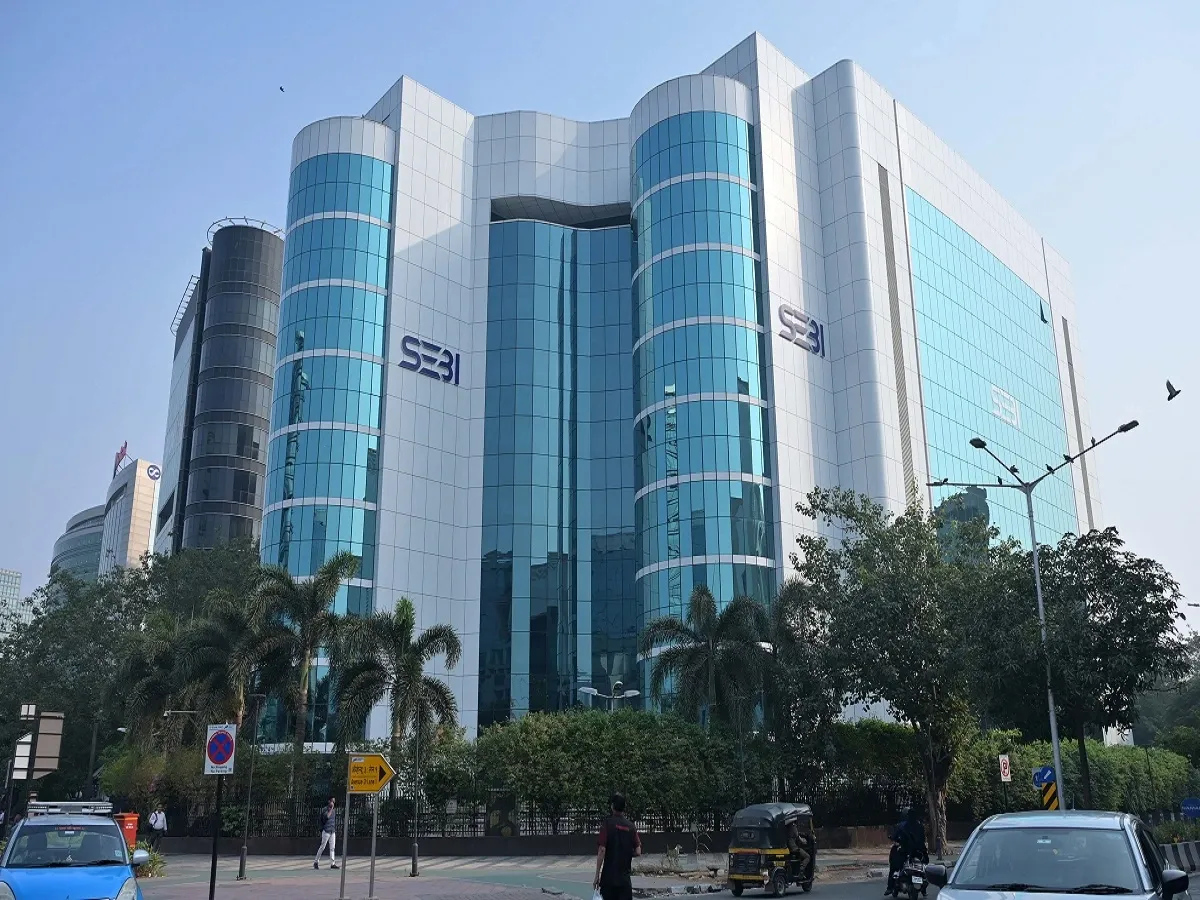Personal Finance News
SEBI explores easing eligibility criteria, regulatory framework for registered investment advisors | Key details
.png)
3 min read | Updated on August 10, 2024, 14:35 IST
SUMMARY
The market regulator mulls easing the existing minimum educational criteria for registration as IA or RA "from a post-graduation to a graduation degree". It also suggests to do away with the requirement of minimum net worth.

Headquarters of SEBI, the apex market regulator, in Mumbai (Image: PTI)
Securities and Exchange Board of India (SEBI) has released a consultation paper that explores the possibility of easing the eligibility criteria and regulatory framework for registered investment advisors (IAs) and research analysts (RAs).
The SEBI document pointed towards the need to increase the availability of IAs and RAs, owing to the growth of the securities market in India. In order to cater to the needs of large number of investors in the country and the potential for growth in wealth creation for investors, a much larger number of IAs/RAs is required, it said.
"It is felt necessary to align and put in place a regulatory landscape conducive and commensurate with the continually evolving nature of business of IAs and RAs that simplifies, eases and reduces cost of compliance for IAs and RAs," the report said, while adding that the regulations should also enhance "investor confidence".
Eligibility criteria
The SEBI paper proposes to relax the existing minimum educational requirements for registration as an investment advisor or research analyst "from a post-graduation to a graduate degree".
The proposed move is aimed at attracting more young minds towards the profession of investment advisory and research, and to enable ease of entry for persons intending to provide these services, the document noted.
Certification requirement
Currently, IAs and RAs are also required to obtain the prescribed certifications from NISM (NISM-Series-XA and XB for IAs, and NISM-Series-XV for RAs) (base certifications) at the time of registration. They are required to obtain the same base certifications before the expiry of validity of such certifications.
IAs and RAs have been raising concerns that the requirement to obtain the same base certification afresh every time, to keep their registration in force, creates an uncertainty of business continuity.
In order to address these concerns, "it is proposed that IAs and RAs shall be required to obtain the base certifications only initially at the time of registration as IA/RA," the paper said.
No experience to be needed?
There shall be no requirement of experience for registration as IAs and RAs, the market regulator proposed in the consultation paper. At present, RAs should have a minimum experience of 5 years in their field, whereas IAs require a minimum of 2 years of industry experience.
"Considering that the certification requirements for IAs and RAs shall ensure that IAs and RAs possess relevant knowledge and skills desired to provide their services, it is proposed to dispense with the experience requirements for registration as IA and RA," it said.
Net worth
At present, IAs offering services in individual capacity should have a net worth of ₹5 lakh, and corporate IAs should have a net worth of ₹50 lakh. Similarly, individual RAs need a net worth of ₹1 lakh and corporate RAs require ₹25 lakh.
The SEBI paper proposes to do away with the requirement of minimum net worth. Instead, it is proposed that IAs/RAs "shall maintain a deposit" in the range of ₹1 lakh to ₹10 lakh.
The amount would depend on the number of clients being addressed. The sum deposited would be used to pay the stakeholders involved in case of disputes.
SEBI has invited public comments on the proposals till August 30.
By signing up you agree to Upstox’s Terms & Conditions
About The Author
Next Story

